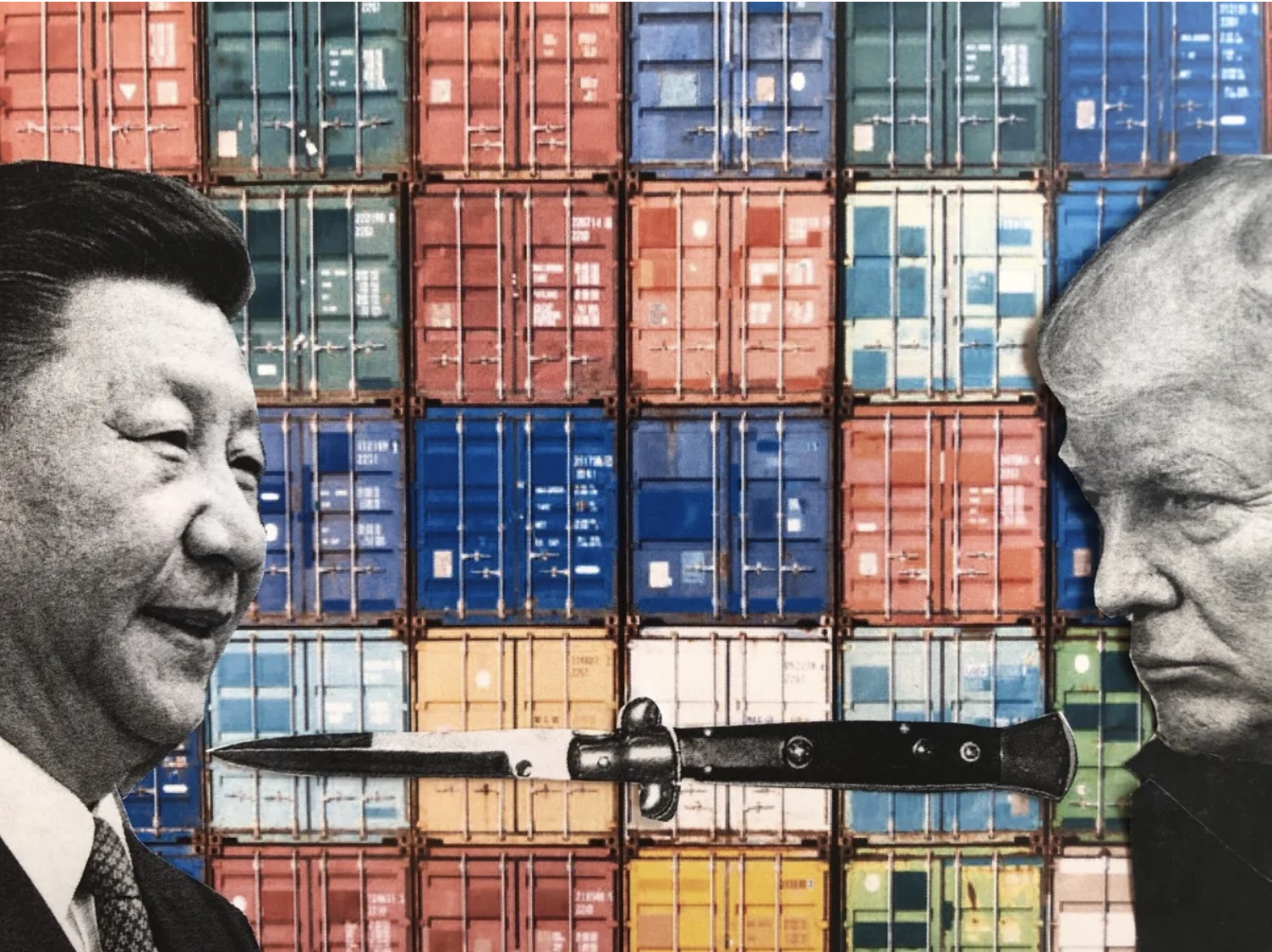December 03, 2019
Trump Targeting Trade – This week, President Trump has again become very aggressive on trade. On Monday, he announced new tariffs on steel and aluminum from Argentina and Brazil in response to what he called "massive devaluation of their currencies." Then the administration threatened tariffs on $2.4 billion of French imports in response to a new digital-services tax imposed by France. On Tuesday, Trump said during the NATO summit in London that "I like the idea of waiting until after the [US] election" in November 2020 for a deal that would resolve the massive trade fight with China, a comment that, given the enormous economic stakes, sent markets tumbling. Perhaps Trump feels confident after a robust month of November for US equity markets. Maybe his advisors want him to push now while the rally continues and before election-year pressures kick in. Either way, we're watching to see how long this posture will last and what sort of impact it might have.
Hunger in Zimbabwe – Food scarcity has become so dire in the landlocked African country of Zimbabwe that it poses a serious threat to national security, a UN envoy has warned. Skyrocketing inflation and recurrent droughts are pushing many Zimbabweans to the brink of starvation. Currently, 60 percent of the population is considered "food insecure" and nearly 8 million people are dependent on international food aid – with much of the problem man-made. The United Nations World Food Programme says it will double the number of Zimbabweans it helps to more than 4 million, but that's only half of those in need. As people grow more desperate, fears of civil unrest, and in turn, a brutal government crackdown– a common response to dissent in Zimbabwe – are growing.
Italian "Sardines" – That's what students who have packed themselves into city squares in Milan and other cities in Italy in recent weeks to protest former deputy Prime Minister Matteo Salvini's anti-immigrant, nationalist rhetoric are calling themselves. What started as a hastily-arranged flash mob is showing signs of morphing into something bigger ahead of what could be a pivotal regional election in the northern Italian region of Emilia Romagna next month. Despite being just a few weeks old, the Sardines have amassed 200,000 followers on Facebook. They've also left Salvini – a master at delivering barbs to his opponents on social media – uncharacteristically tongue-tied and struggling to respond to a group that's taken aim both at him personally and his in-your-face, populist brand of politics. We're watching this story to see where the Sardines swim from here, because the last organic popular movement to emerge in Italian politics – the 5-Star movement – eventually ended up in government.
What We're Ignoring
Kim Jong-Un's Potemkin village – On Tuesday, North Korea's leader traveled to the base of Mount Paektu, the reputed birthplace of the communist dictatorship's founder Kim Il Sung, to unveil a new town. The village of Samjiyon has been described by the North Korean press as the "epitome of civilization" - complete with a ski hill, shiny new stadium, and apartments for 4,000 people. As much as we like the idea of hitting the slopes and strolling through a quaint North Korean mountain village during the holidays, we'll be skipping a trip to Samjiyon this year, not just because experts say it was likely built with forced labor, but also because it's not clear whether anyone actually lives there.
What We're Reading
"Blood and Soil in Narendra Modi's India," a gripping read by Dexter Filkins in The New Yorker, paints a disturbing picture of the Hindu-nationalist backlash against Muslims in the world's most populous democracy. We'd love to know what our readers in India and elsewhere think of the story. You can email us here.
More For You
- YouTube
China was largely absent from the core conversations at the 2026 Munich Security Conference. That, says Ian Bremmer, is telling.
Most Popular
- YouTube
At the 2026 Munich Security Conference, Brad Smith announces the launch of the Trusted Tech Alliance, a coalition of global technology leaders, including Microsoft, committing to secure cross-border tech flows, ethical governance, and stronger data protections.
When the US shift from defending the postwar rules-based order to challenging it, what kind of global system emerges? CFR President Michael Froman joins Ian Bremmer on the GZERO World Podcast to discuss the global order under Trump's second term.
TODAY at 12 pm ET: Watch our Global Stage live premiere from the Munich Security Conference
Feb 13, 2026
Tune in today at 12pm ET/6pm CET for the live premiere of our Global Stage from the 2026 Munich Security Conference, where our panel of experts takes aim at the latest global security challenges. NY Times National Security Correspondent David Sanger moderates the discussion with Benedetta Berti, Secretary General, NATO Parliamentary Assembly; Ian Bremmer, President & Co-founder, Eurasia Group & GZERO Media; Dr. Wolfgang Dierker, Global Head of Government Affairs, SAP; and Brad Smith, Vice Chair & President, Microsoft.
© 2025 GZERO Media. All Rights Reserved | A Eurasia Group media company.
